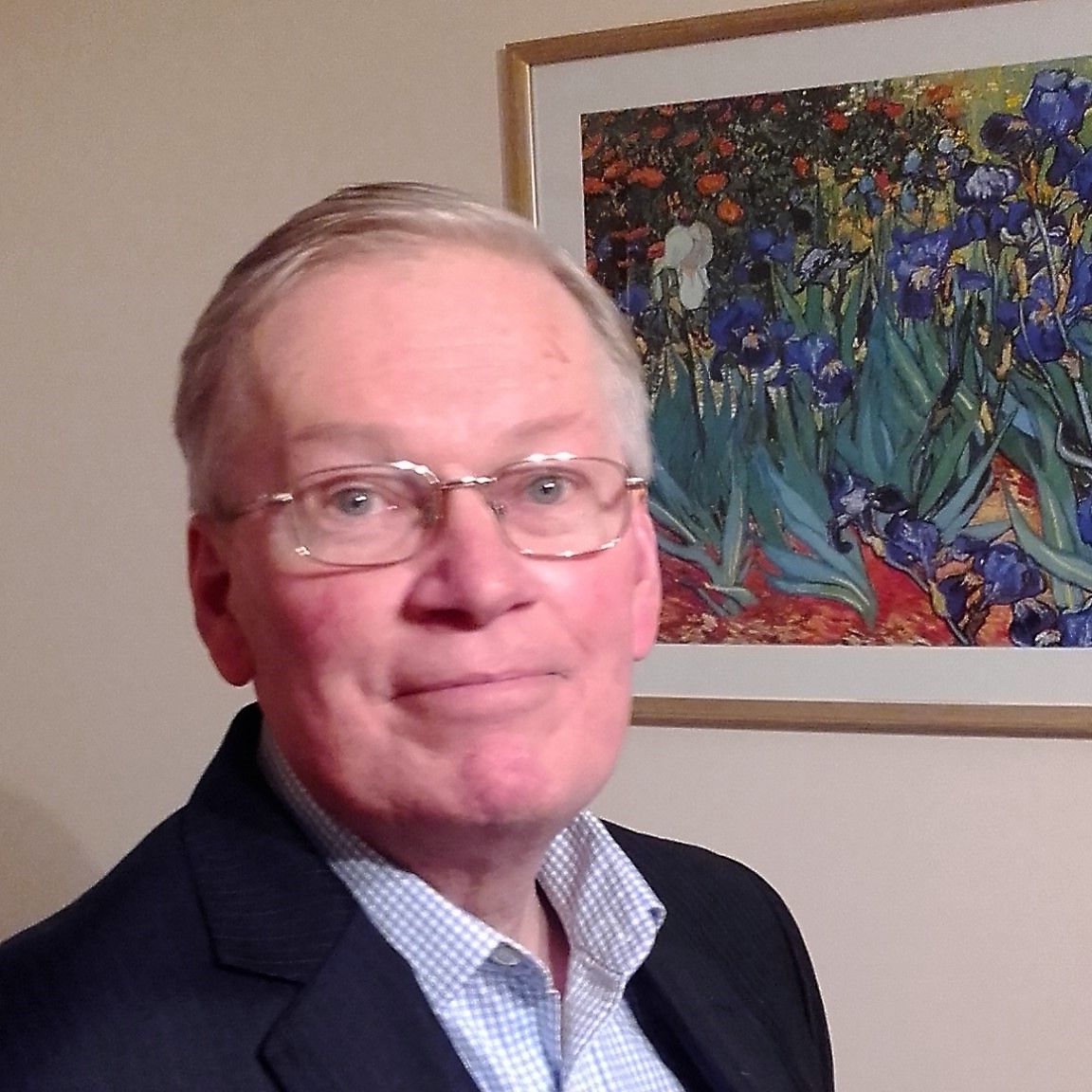
Brady Wilson – restoring our exhausted brains
Life was already exhausting enough for many of us before 2020, and so the past few years have been a disaster from which we’re only now just starting to recover.
And it’s not just our bodies that need to refresh. Our brains also need to find new energy so that all our IQ processing power, creativity and focus is very definitely Switched ON.
In this TEDx video from 2017, Brady Wilson introduces us to his concept of partnering for progress. Brady is a co-founder of Juice Inc., a consultancy that specialises in helping firms to engage and energise their staff through conversations that go beyond the usual, tired strategies.
While weighing only 2% of our body mass, our brains consume 20% of the energy we need to function. That’s far more than any other organ.
When we become run-down, the first of our abilities to deteriorate is our executive function, that is, our ability to focus. We lose the thread of ideas and the downstream consequences of our actions, and we become more impulsive.
Brady calls this type of fatigue ‘depletion.’ Speaking specifically about work, Brady says many employees want to engage but they’re unable to at the level they’d like because of brain depletion.
But like other mammals, our brains respond to different situations and relationships by releasing different chemicals that affect our mood and then our behaviours.
We all know that adrenaline induces our fight or flight response to danger, but other hormones act in the same way. Brady tells us about oxytocin which triggers a sense of trust, rapport, and bonding; dopamine creates the mood for motivation, creativity, ingenuity, and innovation while serotonin helps to build confidence, self-belief, and agency.
For Brady, the key at work to triggering any of these positive hormones and re-energising employees is for managers and team leaders to ask specifically what staff want and what emotional support they need.
But surely that’s a skill that’s equally applicable at home, or anywhere else for that matter. It’s for us to be Switched ON enough to ask our family members, our friends, our colleagues when we can see that they’re distressed how we can help and to listen without imposing any of our ‘autobiographical’ bias.
At the end of his presentation, Brady says whenever we meet anyone – from a loved one to a casual acquaintance – their brains are either engage or deplete them.
There’s no need ‘to phone a friend’ to figure-out which option is Switched ON.
And it’s not just our bodies that need to refresh. Our brains also need to find new energy so that all our IQ processing power, creativity and focus is very definitely Switched ON.
In this TEDx video from 2017, Brady Wilson introduces us to his concept of partnering for progress. Brady is a co-founder of Juice Inc., a consultancy that specialises in helping firms to engage and energise their staff through conversations that go beyond the usual, tired strategies.
While weighing only 2% of our body mass, our brains consume 20% of the energy we need to function. That’s far more than any other organ.
When we become run-down, the first of our abilities to deteriorate is our executive function, that is, our ability to focus. We lose the thread of ideas and the downstream consequences of our actions, and we become more impulsive.
Brady calls this type of fatigue ‘depletion.’ Speaking specifically about work, Brady says many employees want to engage but they’re unable to at the level they’d like because of brain depletion.
But like other mammals, our brains respond to different situations and relationships by releasing different chemicals that affect our mood and then our behaviours.
We all know that adrenaline induces our fight or flight response to danger, but other hormones act in the same way. Brady tells us about oxytocin which triggers a sense of trust, rapport, and bonding; dopamine creates the mood for motivation, creativity, ingenuity, and innovation while serotonin helps to build confidence, self-belief, and agency.
For Brady, the key at work to triggering any of these positive hormones and re-energising employees is for managers and team leaders to ask specifically what staff want and what emotional support they need.
But surely that’s a skill that’s equally applicable at home, or anywhere else for that matter. It’s for us to be Switched ON enough to ask our family members, our friends, our colleagues when we can see that they’re distressed how we can help and to listen without imposing any of our ‘autobiographical’ bias.
At the end of his presentation, Brady says whenever we meet anyone – from a loved one to a casual acquaintance – their brains are either engage or deplete them.
There’s no need ‘to phone a friend’ to figure-out which option is Switched ON.
About Us
We are an online organisation based in Melbourne, Australia. We are committed
to creating and continuously providing compelling well being
content for people aged over 50.
Featured links
Get in touch
-
GPO BOX 2705
MELBOURNE Vic 3001
Australia -
ian@switchedonglobal.net
Copyright © 2022
